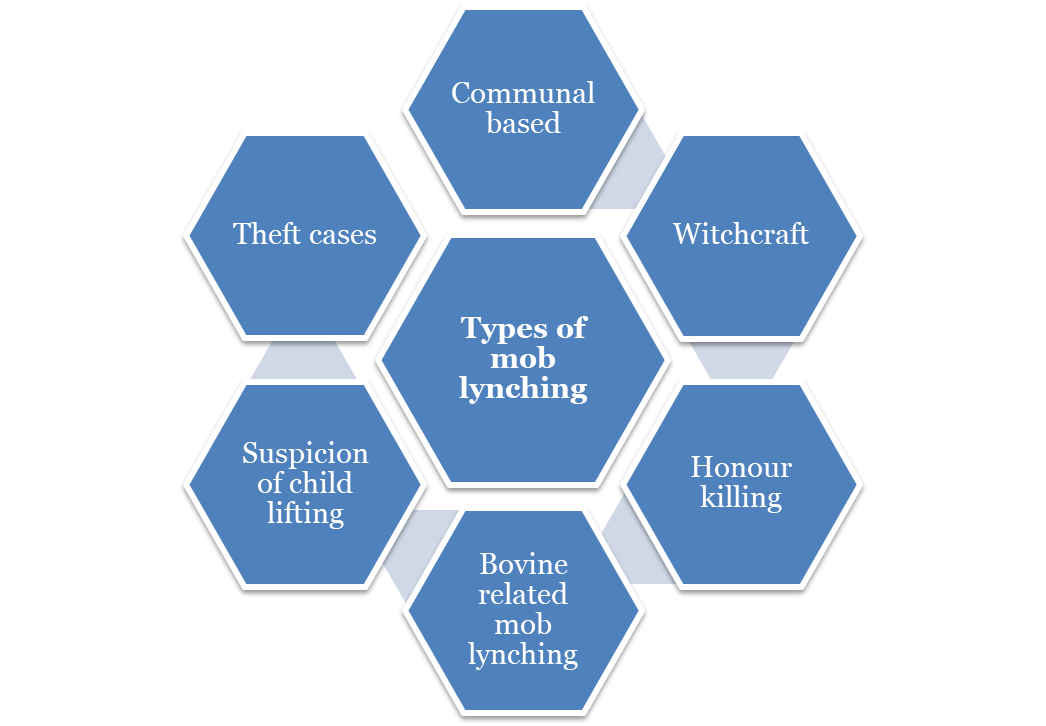900 319 0030
enquiry@shankarias.in
The Supreme Court has asked several States to respond to the petition filed by National Federation of Indian Women for their consistent failure to act against mob lynching.

Manipur is the first state to have a law for mob lynching in 2018.
|
Tehseen Poonawala vs Union of India in 2018 |
|
References